Journalists become vendors on the streets of Darfur cities
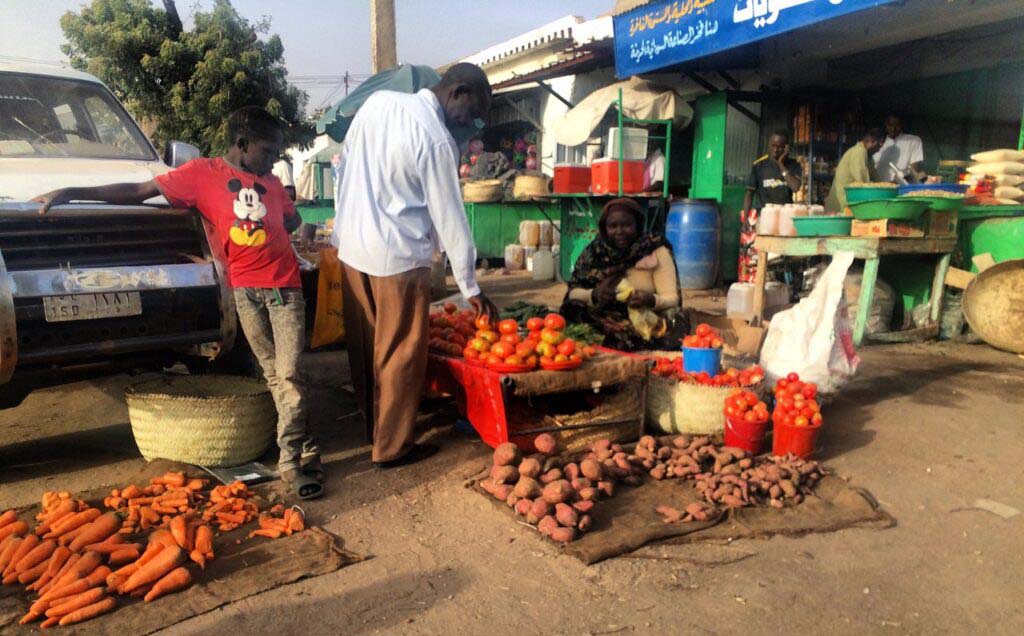
A street vendor sells vegetables at a market in Nyala, South Darfur (Photo: RD)
By Dabanga correspondent Abdelmonim Madibbu
Journalist Najlaa Juma wakes up early and puts a small table in front of her house in Nyala, capital of South Darfur. Small bags of lentils, roasted peanuts, sugar, and tea are placed on the table, before she sits down and prepares for a long day of selling basic foodstuffs.
After the source of income she became accustomed to, since graduating from university over 15 years ago, stopped suddenly with the onset of war, Juma was forced to find a new way to provide a living for her children.
Battles between the Sudanese Armed Forces (SAF) and Rapid Support Forces (RSF) that took place in Nyala between April and October pushed her to abandon journalism after newspapers that she used to correspond with stopped printing, says Juma.
Living conditions have become “exceedingly difficult” for a single mother of four children whose father died a few years ago, she says. Most journalists left the city as refugees or displaced persons. Despite the risk to their lives, she could not leave and remained with her children in their home.
Journalist Hasan Hamid also tells Radio Dabanga that most journalists in Nyala fled to the countryside or abroad during the SAF-RSF battles over the city. “However, these days, several journalists are returning to their homes in Nyala thanks to the cessation of battles.”
The “old solidarity custom” of neighbours sharing meals on the streets has helped many to survive in Nyala, says Hamid. Most journalists have lost all their money.
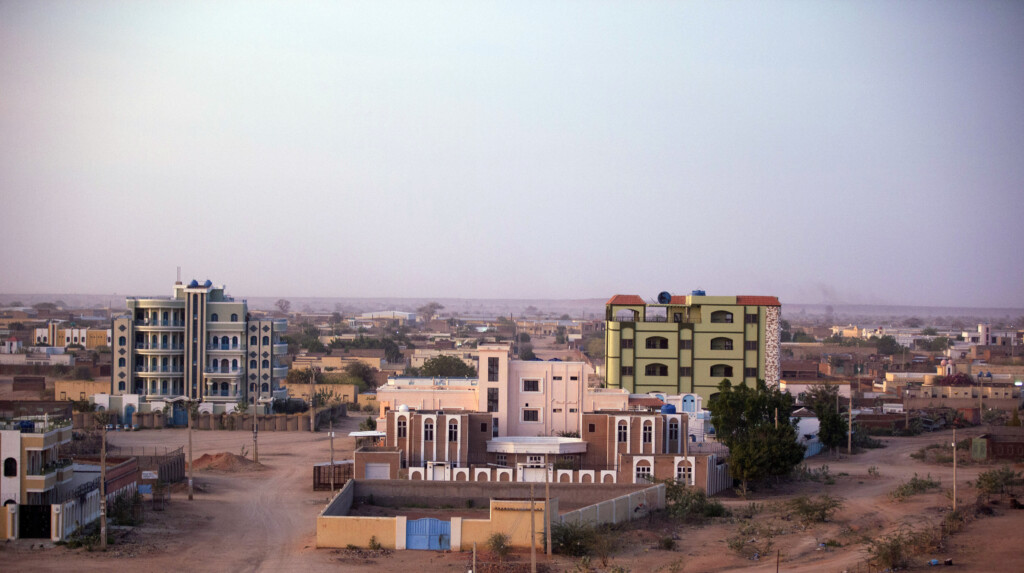
Journalist El Fadil Ibrahim, who worked as a correspondent for El Jareeda newspaper, visited several colleagues after returning from his refuge in Sheiria in East Darfur to Nyala in November.
He met many Sudanese journalists who have been “greatly affected” by the war. Most journalists in South Darfur were working in local newspapers that stopped printing after the war began, so there was no source of income. “Even those who worked as independent journalists are unemployed,” he says.
Ibrahim notes the poor living conditions of those he visited, along with the psychological impact of the war. “I had not seen my colleagues since the outbreak of the war in April last year. We used to work together every day in Nyala. Some of them were so cut off from news that they did not know of the death of their relatives.”
Before the war, hundreds of journalists were working for radio and television organisations in the five states of Darfur. Most of them were working in Nyala, the second-largest city in the country. Nyala Radio and Television department buildings, which employed over 120 people, were destroyed during the battles.
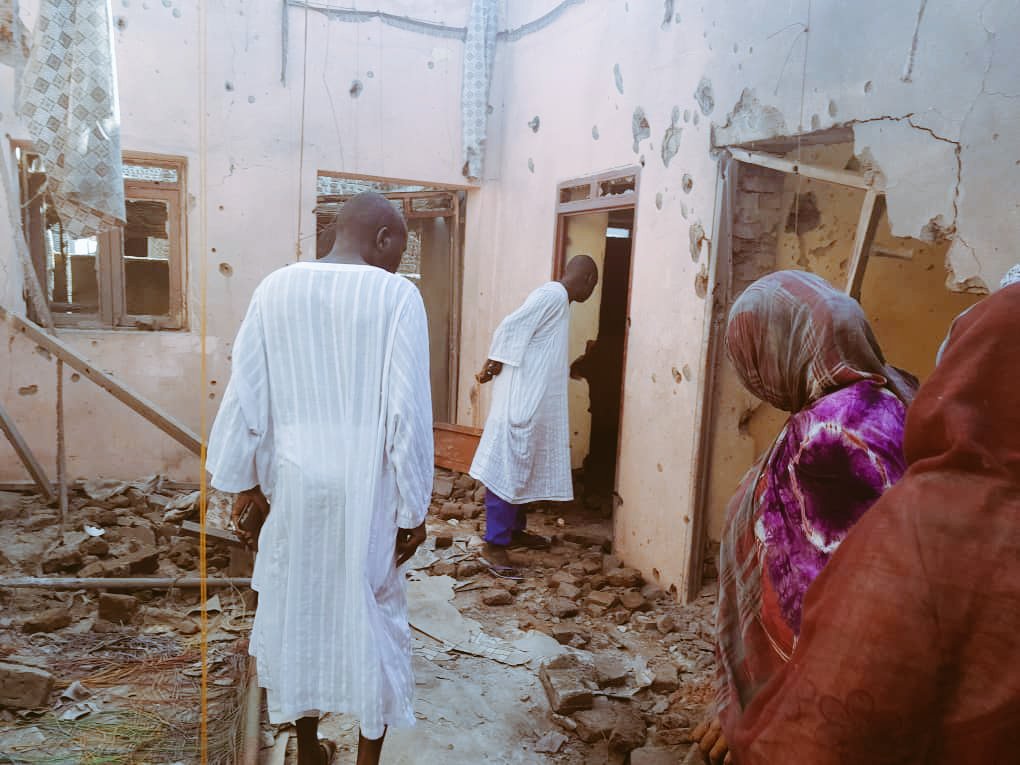
Despite this, “radio journalists in El Geneina, West Darfur; Zalingei, capital of Central Darfur; Ed Daein, capital of East Darfur; and El Fasher, capital of North Darfur, were able to return to their work because the studios were not completely destroyed,” Hamid says.
Abubakr El Sandali, a journalist from Ed Daein, tells Radio Dabanga that journalists in Darfur are among the most affected by the war after the cessation of the press institutions in which they work.
“Several of them have been forced to practice marginal work in the markets, while others continue to publish their news texts and columns on social media.” He has searched for alternative work outside Sudan, “but until now I have not been able to find a journalist job abroad.”
El Sandali became involved in establishing a centre for press services after the outbreak of the war and continued to publish news of voluntary community initiatives that help those affected by war. He has stopped publishing news about attacks and battles for fear of repercussions.
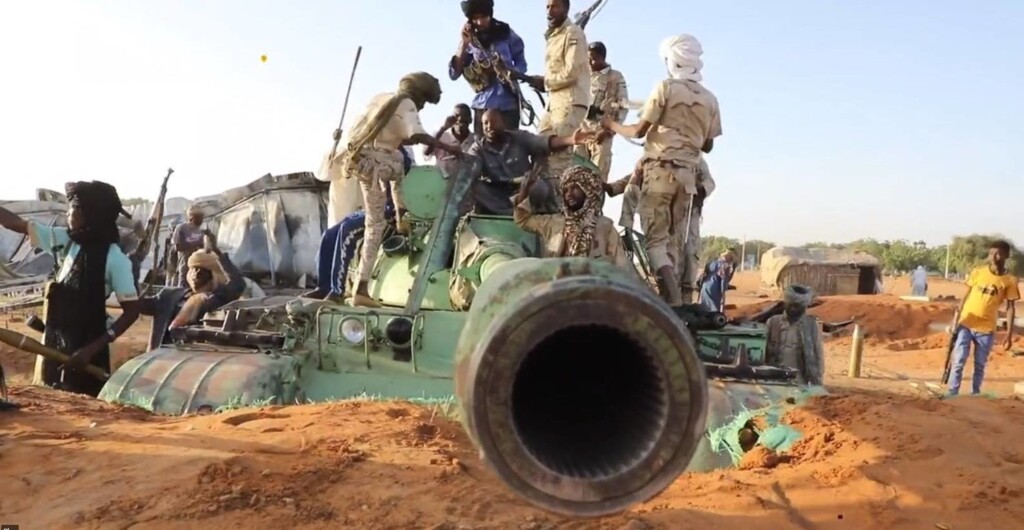
Ibrahim has not done any journalistic work since April 15. “No matter how much journalists strive for independence and unbiased reporting, they are almost always a supporter of one of the parties to the war and therefore it becomes dangerous for them to practice their work,” he explains. “They have been forced to leave work to save their lives.”
“There is no supportive party,” Juma tells Radio Dabanga, explaining that there are no job opportunities and journalists struggle to meet their basic needs.
The Sudanese Journalists Syndicate (SJS) says that over 600 journalists lost their jobs in local newspapers and independent and public TV after the outbreak of the war.
“Over the past ten months, SJS was able to provide material support to 200 journalists in war-affected and safe states,” SJS Social Affairs Secretary Waleed El Nour stated. “The syndicate communicated with several international press organisations that promised to assist journalists, but they still haven’t reached out despite 10 months of war.”
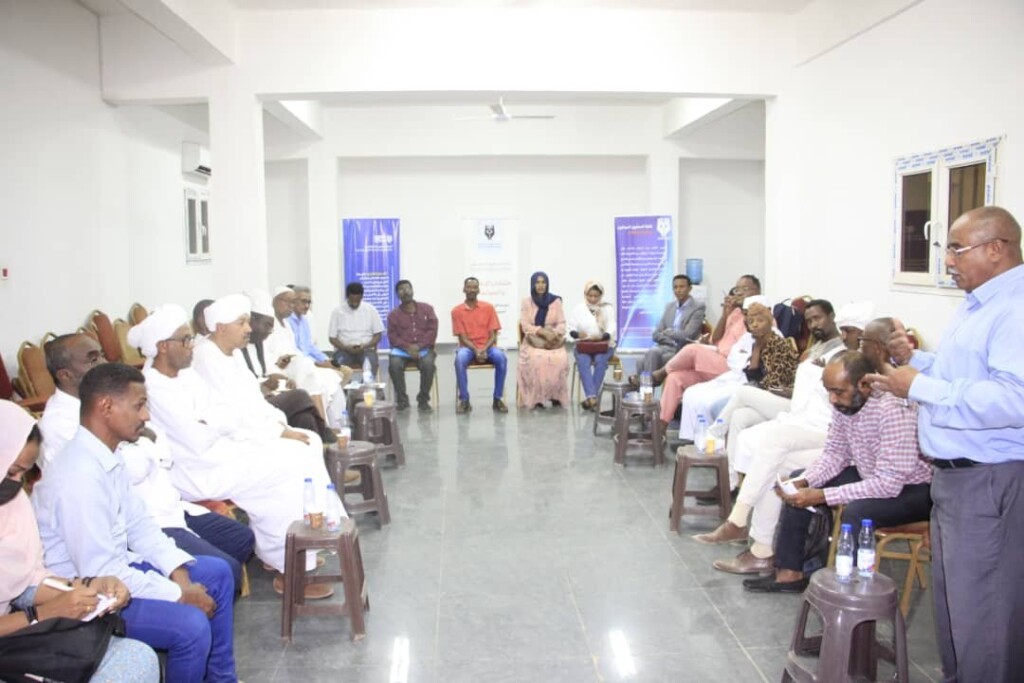
Organisations working in the field of international independent journalism must pay attention to the deteriorating conditions for press workers in Sudan, at a time when their safety is at risk, says El Sandali. “Journalists can be targeted at any moment. Their work poses a threat to their life.”
On January 21, the Sudanese Journalists Network strongly denounced the targeting of journalists by the SAF and RSF. Dozens of human rights violations against journalists and other press workers have been reported in Sudan since the war began on April 15 last year.
Radio Dabanga, in cooperation with 17 other news outlets issued a joint plea in mid-August, to address the devastating state of press freedom in Sudan.
The RSF took control of Nyala and Zalingei end October and El Geneina early November. Ed Daein has been under RSF rule since the paramilitary group took control of the 20th Infantry Division in Ed Daein, and the Adila and Abu Karinka garrisons in East Darfur, on November 21.
Since the start of the conflict, allegations of violations against international law have been levied against the SAF, RSF, and affiliated Arab militant gunmen, particularly in the Darfur region.







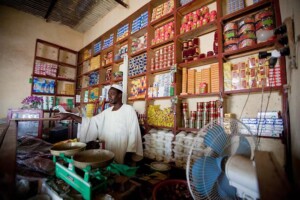



 and then
and then